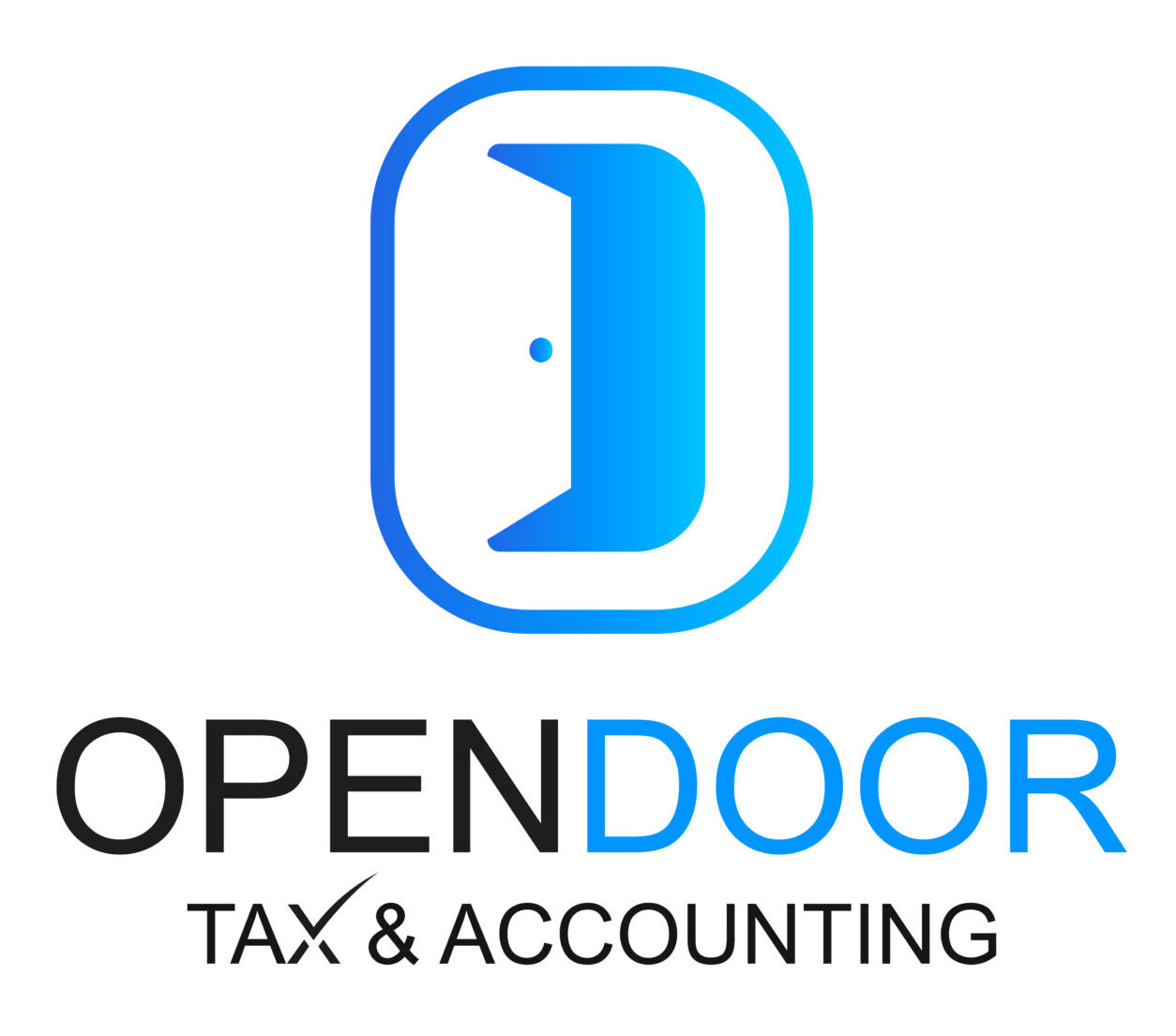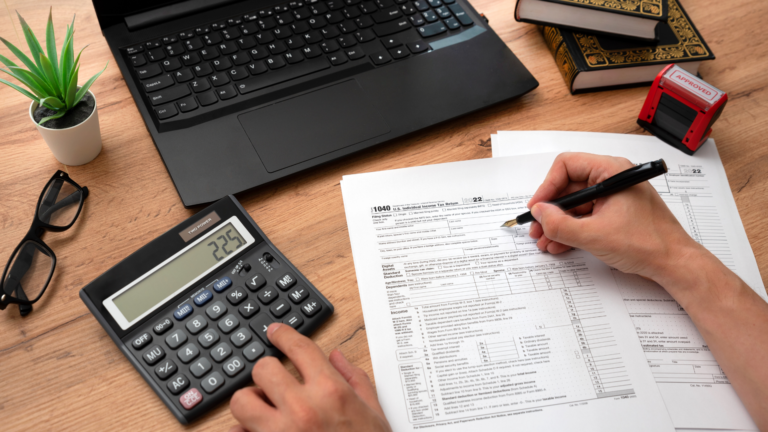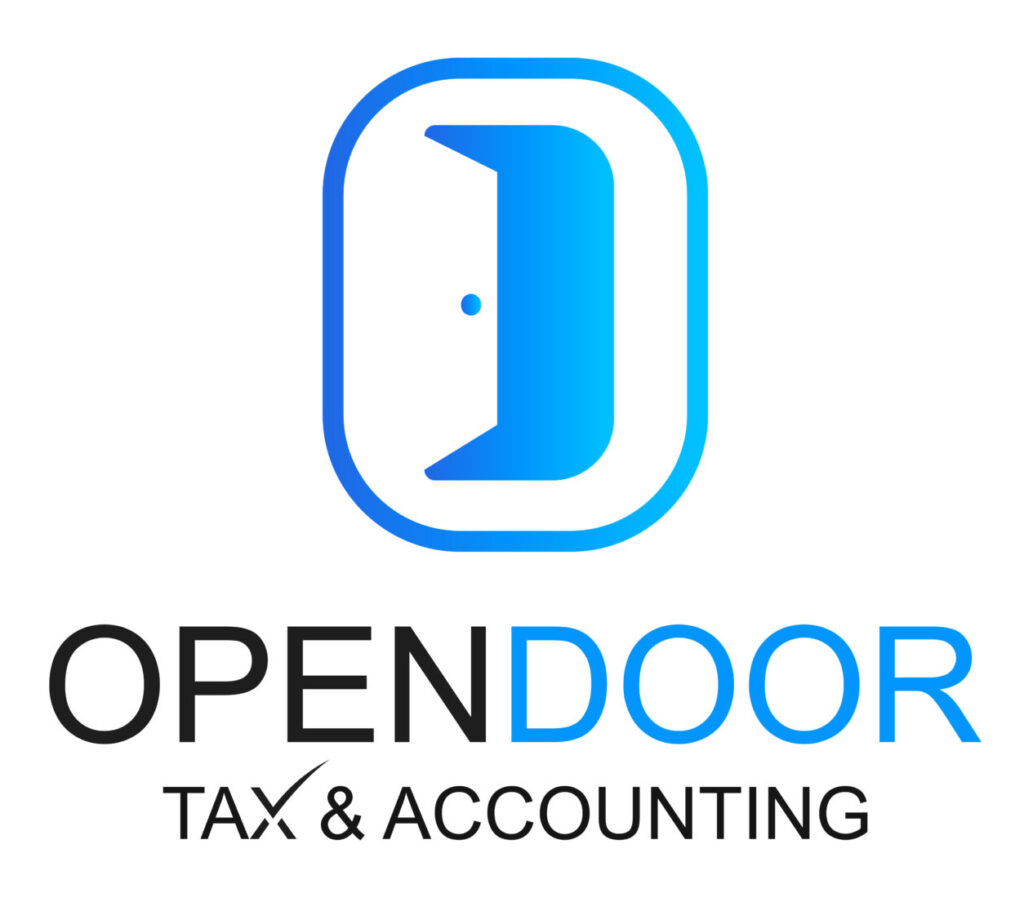Running a small business is no small feat. Between managing operations, serving customers, and growing your brand, it’s easy to overlook the complexities of tax compliance. Unfortunately, even small mistakes can lead to costly penalties, audits, or missed opportunities for savings. In this post, we’ll explore five common tax mistakes small businesses make and provide actionable tips to help you avoid them.
Mistake 1: Mixing Personal and Business Finances
One of the most common mistakes small business owners make is failing to separate personal and business finances. This can lead to confusion, inaccurate records, and even IRS scrutiny.
How to Avoid It:
- Open a dedicated business bank account and credit card.
- Use accounting software to track business expenses separately.
- Pay yourself a salary or draw from the business account instead of using business funds for personal expenses
Mistake 2: Missing Deadlines
Filing taxes late or missing estimated tax payments can result in penalties and interest charges.
How to Avoid It:
- Mark key tax deadlines on your calendar (e.g., April 15 for individual returns, March 15 for S-corps).
- Set reminders for quarterly estimated tax payments.
- Work with a CPA to ensure timely filing and payment.
Mistake 3: Failing to Keep Accurate Records
Incomplete or disorganized records can lead to errors on your tax return and make it difficult to substantiate deductions during an audit.
How to Avoid It:
- Implement a reliable bookkeeping system.
- Save receipts, invoices, and bank statements digitally.
- Reconcile accounts monthly to catch errors early.
Mistake 4: Overlooking Deductions and Credits
Many small business owners miss out on valuable tax deductions and credits, such as home office expenses, mileage, or the R&D tax credit.
How to Avoid It:
- Familiarize yourself with common small business deductions.
- Work with a tax professional to identify all eligible credits and deductions.
- Keep detailed records to support your claims.
Mistake 5: Ignoring State and Local Tax Obligations
Federal taxes aren’t the only concern—state and local tax requirements can vary widely and lead to unexpected liabilities.
How to Avoid It:
- Research state and local tax laws in your area.
- Register for necessary permits and licenses.
- Consult a CPA to ensure compliance with all tax jurisdictions.
Conclusion:
Avoiding these common tax mistakes can save your business time, money, and stress. By staying organized, planning ahead, and working with a trusted CPA, you can focus on what you do best—growing your business.
Call to Action (CTA):
Need help navigating small business taxes? Contact Open-door CPA today for expert guidance!
[Schedule a Consultation]
Optional Add-Ons:
- FAQ Section:
- Q: What’s the most common tax mistake small businesses make?
A: Mixing personal and business finances is the most common mistake, leading to disorganized records and potential IRS issues. - Q: How can I avoid missing tax deadlines?
A: Use a calendar with reminders for key deadlines and work with a CPA to stay on track.
- Q: What’s the most common tax mistake small businesses make?
- Infographic:
Create a visual summary of the 5 mistakes and tips to avoid them. - Internal Links:
Link to other relevant blog posts, such as “Understanding Partnership Taxation” or “The Benefits of Outsourcing Your Tax Needs.”





